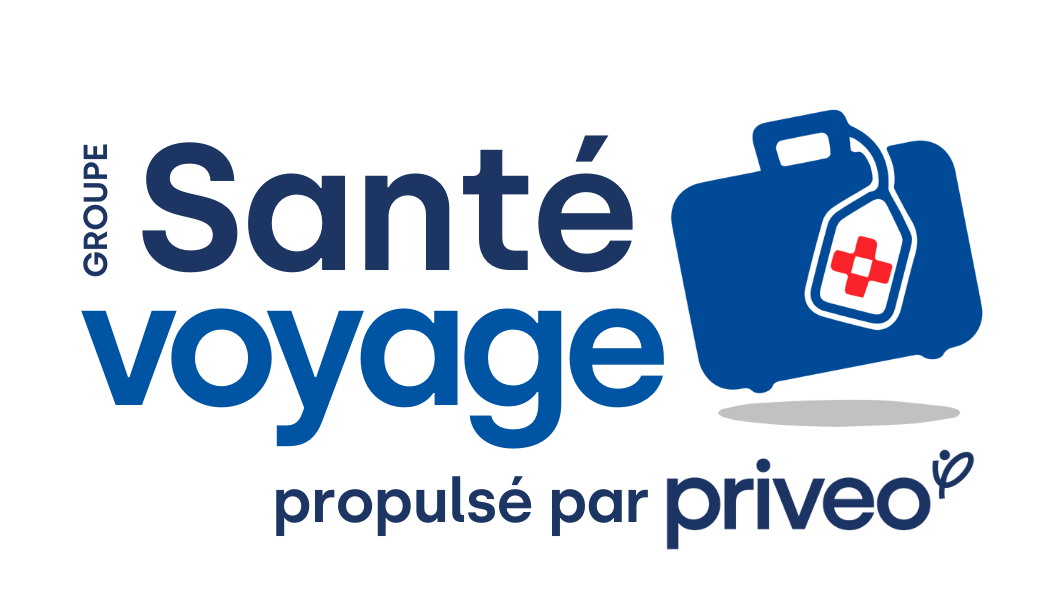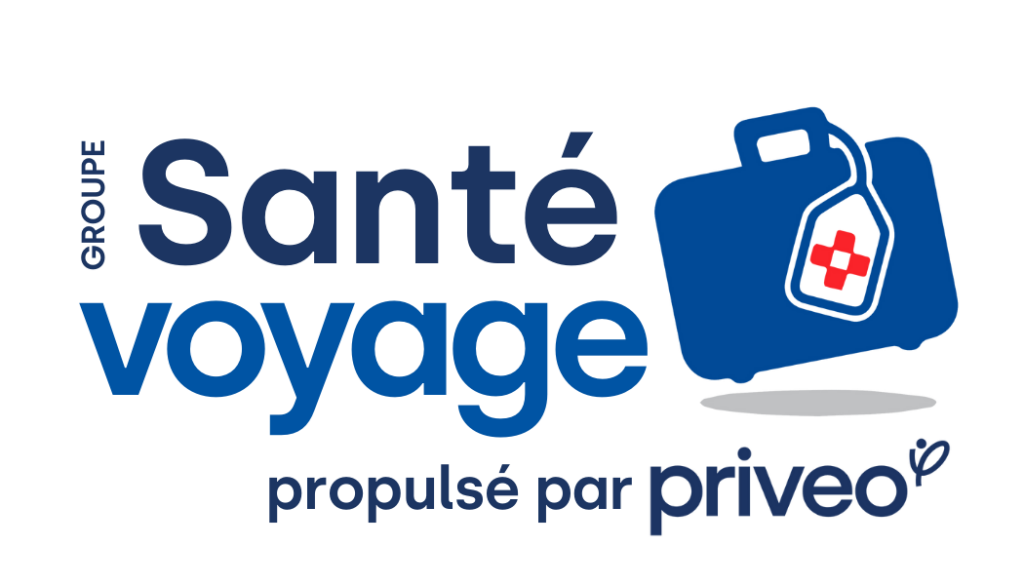
Travelling is an enriching experience, allowing you to discover new cultures, fascinating landscapes and meet people from all over the world. However, it can also expose you to various health risks, particularly in certain regions where hygiene standards and sanitary conditions differ from those in your home country. To make the most of your stay, it’s crucial to adopt preventive measures to avoid infections. Here are some essential tips for safe travel.
1. Get informed and vaccinated before you leave
Before you leave, it’s a good idea to find out what diseases are present in your destination. Some infections, such as yellow fever, hepatitis A, typhoid fever, rabies and many more, can be prevented by vaccination. Consult a travel health clinic to update your vaccinations and receive personalized recommendations based on your itinerary and length of stay.
Certain vaccinations are mandatory for entry into certain countries. Make sure you have your vaccination booklet up to date to avoid any problems when entering the country.
2. Hand hygiene and food precautions
Hand hygiene is one of the most effective ways of preventing gastrointestinal and respiratory infections. Wash your hands regularly with soap and water, or use an alcohol-based hand sanitizer if clean water is not available.
When it comes to diet, adopt safe habits:
- Choose well-cooked food served hot.
- Avoid raw vegetables, unpeeled fruit and unpasteurized dairy products.
- Drink only sealed bottled water or water purified with purification tablets.
- Avoid ice cubes that may be made with contaminated water.
3. Protection against insect bites
In tropical regions, mosquitoes and other insects transmit serious diseases such as malaria, dengue fever, chikungunya or the Zika virus. To reduce the risk of infection, adopt the following measures:
- Use a repellent containing DEET, icaridin or oil of lemon eucalyptus.
- Wear long, light-colored clothes.
- Sleep under an insecticide-treated mosquito net if you’re in a high-risk area.
- Choose accommodation with air conditioning or windows fitted with mosquito nets.
- Find out about the need for preventive treatment against malaria.
- In recent months, a new vaccine against Chikungunya has become available. The IXCHIQ vaccine is available in all Groupe Santé Voyage clinics!
4. Prepare yourself with an appropriate medical kit
A well-equipped first-aid kit can make all the difference in the event of a health problem during your trip. Here are a few essentials to include:
- Antiseptics for wounds and cuts.
- Sterile dressings and compresses.
- Medication for diarrhea, pain and fever (paracetamol, ibuprofen).
- Antihistamines for allergies.
- Water purification tablets.
- Specific treatments if you have a pre-existing medical condition.
- A copy of your medical prescription if you are carrying medication.
5. Remain vigilant on site
Once there, adopt safe habits to minimize the risk of infection:
- Avoid contact with stray animals to prevent rabies.
- Beware of stagnant water, which can be a source of parasitic diseases.
- Practice safe sex to reduce the risk of sexually transmitted infections.
- Consult a doctor immediately if you experience any unusual symptoms (fever, prolonged diarrhea, rash, etc.).
6. After your return: keeping an eye on your health
Some infections can occur days or even weeks after your return. If you experience unusual symptoms, consult a health professional and mention your recent trip. Tropical diseases such as malaria or dengue fever can present late signs.
Conclusion
Preventing infections when traveling is based on good preparation, rigorous hygiene and precautions adapted to your destination. By taking these steps, you can minimize health risks and enjoy your stay in complete safety.
Need personalized advice? Consult one of our 5 travel health clinics before you leave for comprehensive assistance tailored to your destination.


